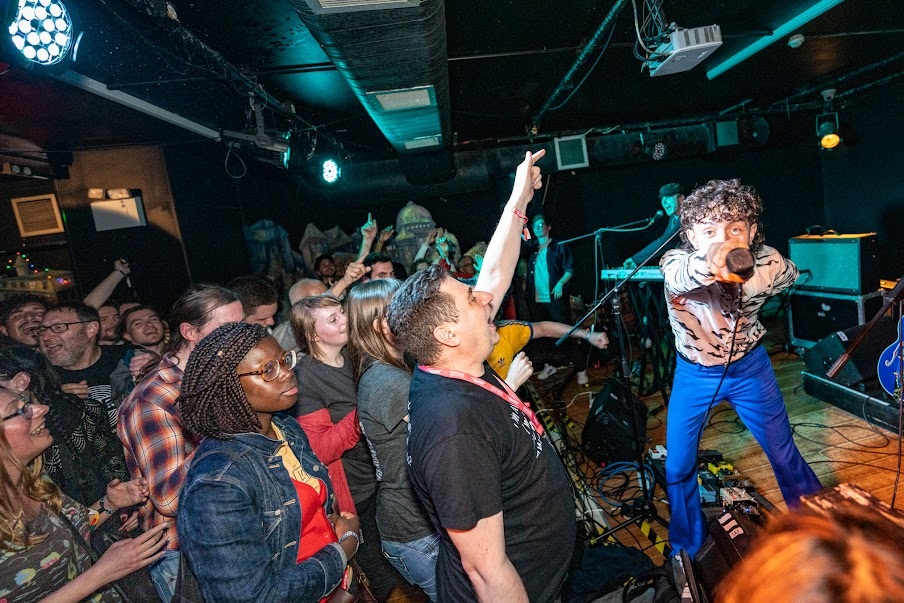Councillors may take a fresh look at the way that music venues in Brighton and Hove are licensed.
Currently, music venues with a drinks licence are treated the same way as pubs although this could change.
Labour councillor Mitchie Alexander said that Brighton and Hove City Council could lobby for grassroots music venues to have their own distinct licence.
Councillor Alexander said: “We have 17 grassroots music venues in the city at the moment and they’re all licensed as if they were a pub. They are a very different type of venue with different needs.”
The area is also home to two music colleges – the the British and Irish Modern Music Institute (BIMM) and WaterBear.
Councillor Alexander, the council’s acting cabinet member for culture, heritage and tourism, made her remarks at a meeting at Hove Town Hall yesterday (Tuesday 23 July).
She was addressing the council’s new Place Overview and Scrutiny Committee about an issue that came up at a recent licensing panel hearing.
The Pipeline, a music venue in Little East Street, Brighton, had to apply for a variation to its licence because it was meant to operate as a late-night restaurant.
Councillors agreed to allow the venue, formerly the Northern Lights pub, to keep its alcohol licence with tighter staff training requirements.
Labour councillor Julie Cattell, the deputy chair of the council’s Licensing Committee, said that it was reviewing licensing policy for “cherished venues”.








This makes a lot of sense to me. A music venue and a pub facilitate two very different needs, so it makes sense that they are treated differently.
Plus anyone that moves near to an established music venue should not be allowed to make a valid complaint. We had a new resident move near to the Paris house and she complained right away. Unfortunately just one complaint gets a well run venue investigated. Move near to a pub, nightclub or live music venue you must accept they were there first.
As long as it is following the terms of its own leasehold and applicable law, I quite agree, and I believe it is a legal term called “coming to a nuisance”.